On Air Now
Classic FM Breakfast with Dan Walker 6:30am - 9am
Gerald Finzi is best known for his Clarinet Concerto, Five Bagatelles and his choral works. But there's more to discover about this British composer.
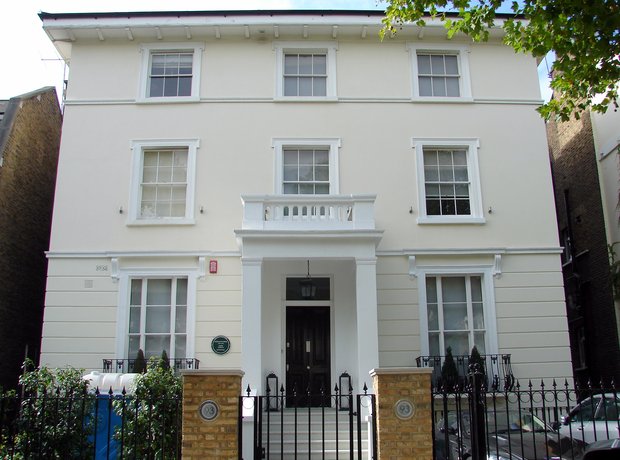
Gerald Finzi was born into a Jewish family in London on 14 July 1901. His father was of Italian origin and his mother, German. Despite his background, Finzi became one of the most characteristically English of composers as well as an agnostic who wrote heartfelt Christian choral music.
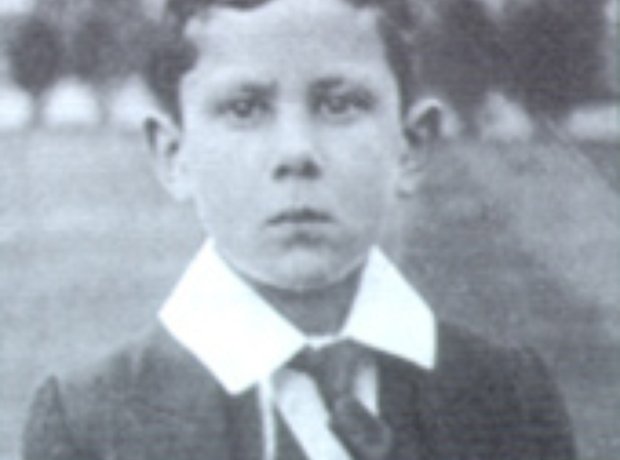
Young Gerald was only 7 when his father died. When the Great War broke out, the family moved to Harrogate, and he began to study music under Ernest Farrar, a former pupil of Charles Villiers Stanford.
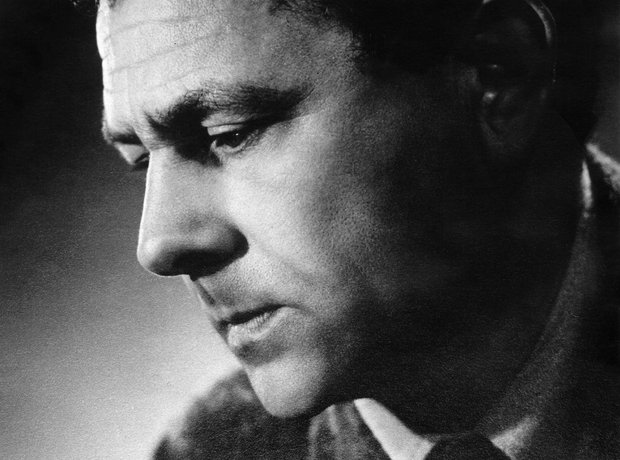
The shy teenager found Farrar a good and sympathetic teacher. Farrar's death in the war affected Finzi deeply. Losing three of his brothers added to his pain. Such tragedies contributed to an already introspective personality and his bleak outlook on life.
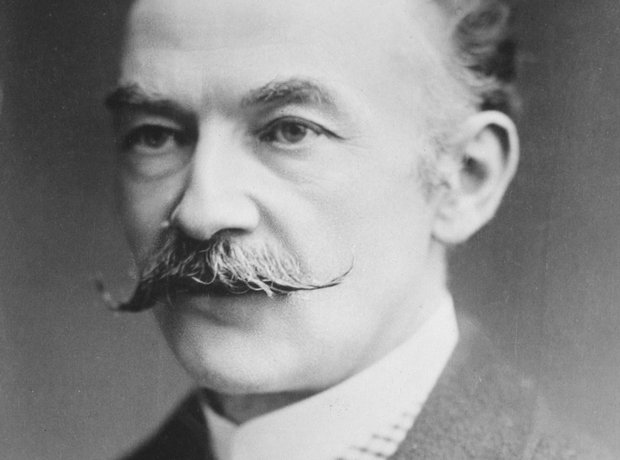
Finding solace in poetry, Finzi began to set poems by Thomas Hardy (pictured) and Christina Rossetti to music. Finzi was attracted by the motif of childhood innocence being corrupted by adult experience.

In 1922, Finzi moved to Painswick in Gloucestershire where he began composing in earnest. His first Hardy settings and the orchestral piece A Severn Rhapsody were performed in London to favourable reviews.
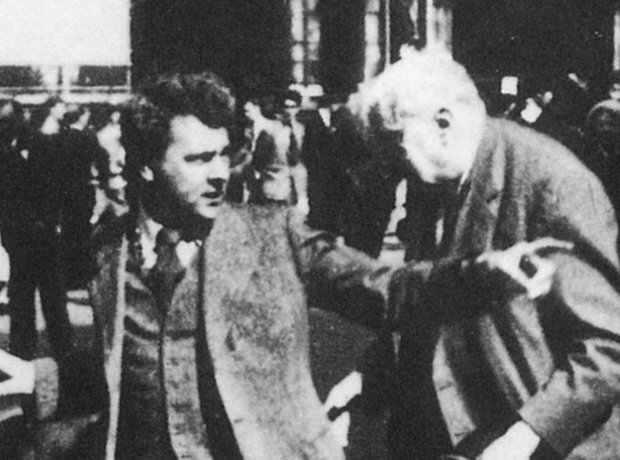
In 1925, at the suggestion of Adrian Boult, Finzi took a course in counterpoint and then moved to London, where he was introduced to Holst, Bliss and Vaughan Williams, who obtained a teaching post for Finzi at the Royal Academy of Music. Finzi and Vaughan Williams are pictured here together.

Finzi gave up his teaching post at the Academy when he married the artist Joyce Black in 1933, and the couple moved to Aldbourne, Wiltshire, where he devoted himself to composing and apple-growing, saving a number of rare English apple varieties from extinction.
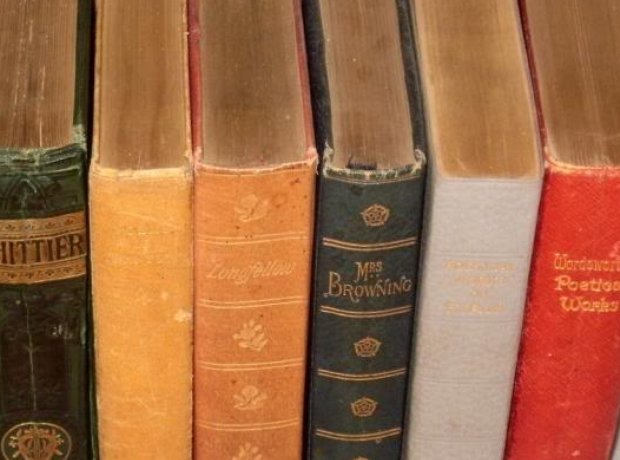
Finzi also amassed an extraordinary library of some 3000 volumes of English poetry, philosophy and literature, now kept at the University of Reading, as well as a fine collection - some 700 volumes including books, manuscripts and printed scores - of 18th-century English music, now at the University of St Andrews.
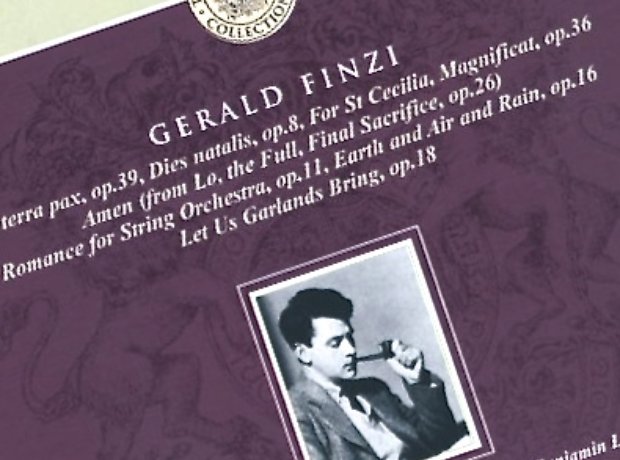
During the 1930s, Finzi's fully mature composing style developed, notably the cantata Dies natalis (1939). The Second World War delayed Finzi’s work gaining recognition; Dies Natalis was supposed to be performed at the 1939 Three Choirs Festival, but the Festival was cancelled and the first performance was a modest affair at the Wigmore Hall the following year.
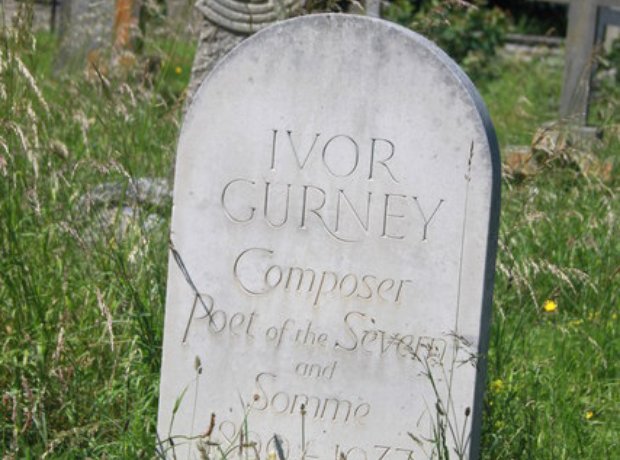
The Finzis also worked on behalf of the poet-composer Ivor Gurney, who had been gassed in the War and spent the last 15 years of his life committed to an institution. Finzi and his wife catalogued and edited Gurney's works for publication.
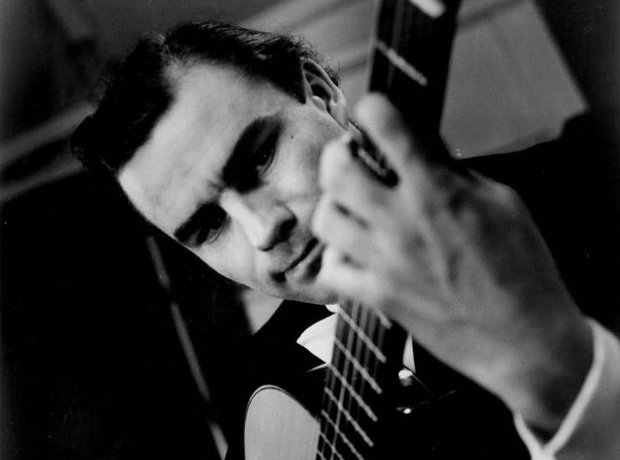
In 1939 the Finzis moved to Ashmansworth in Hampshire, where Gerald founded the Newbury String Players, who revived 18th century string music as well as giving premieres of works by Finzi's contemporaries, and offering chances of performance for talented young musicians such as Julian Bream (pictured).
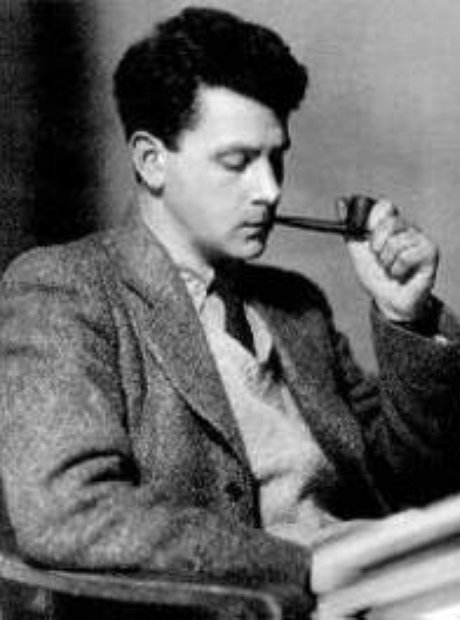
During the Second World War, Finzi worked for the Ministry of War Transport and lodged German and Czech refugees in his home. After the war, he became somewhat more productive than before, writing several choral works as well as the Clarinet Concerto (1949), perhaps his most popular work.
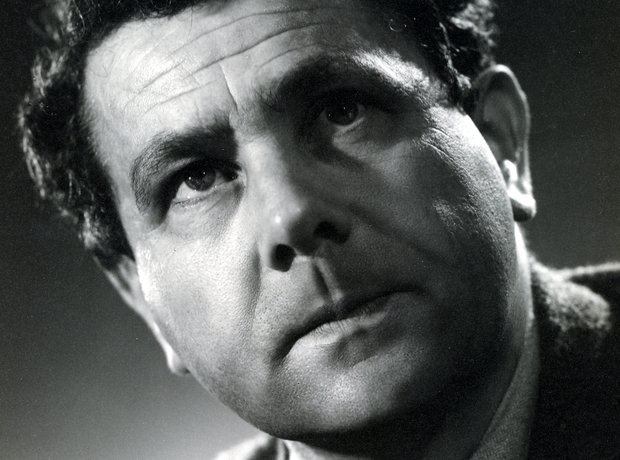
In 1951, Finzi learned that he was suffering from the then incurable Hodgkin's disease and had at most ten years to live. Something of his feelings after this revelation is probably reflected in the agonized first movement of the deeply moving Cello Concerto (1955), his last major work.
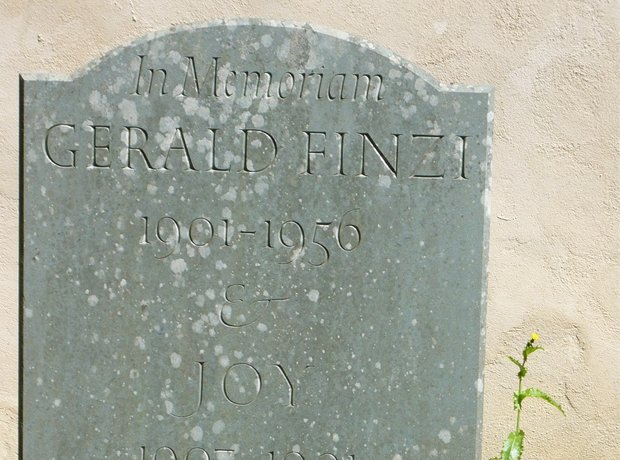
In 1956, following an excursion with Vaughan Williams, Finzi developed shingles. He died not much later in an Oxford hospital, the first performance of his Cello Concerto on the radio having been given the night before.
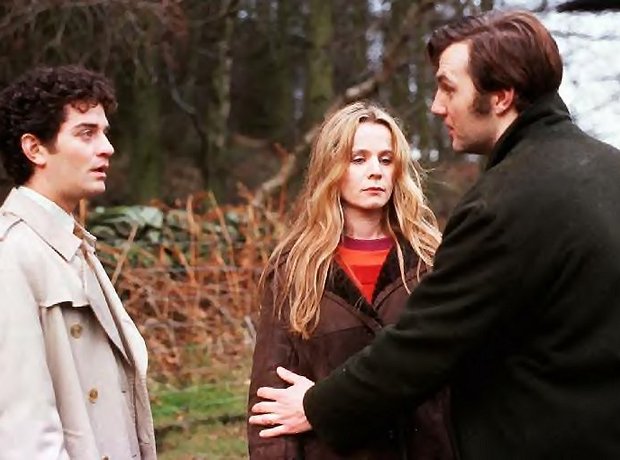
Finzi’s son Christopher became a noted conductor and an exponent of his father’s music. He is married to Hilary Du Pré, sister of the cellist Jacqueline. He was played by David Morrissey (pictured right) in the 1998 film, Hilary and Jackie.